Residential Conveyancing
We assist our clients with their residential conveyancing sales and purchases by providing premium residential conveyancing that incorporates specialist property law advice to complement the completion of the usual conveyancing 'process'.
Conveyancing is not a commodity that is the same no matter where you go - it is a service, and the outcomes can differ drastically depending on who you engage to assist you.
Many conveyancing firms simply complete the 'process', having paralegals or support staff handle conveyancing matters using basic 'precedent' materials and pre-drafted legal advice. In our view this is not an acceptable way to deal with the significant legal, financial and practical matters that are involved when purchasing or selling residential property.
Here are some key questions to ask your solicitor or conveyancer before you engage them to assist you with your next sale or purchase of residential property:
What are your solicitor’s / conveyancer’s qualifications?
A solicitor is an Australian Legal Practitioner who has completed a law degree at university and has been admitted to practice in at least one State Court. A solicitor can give you legal advice and has undergone extensive training and examination in order to do so and is also subject to annual continuing professional development requirements.
Anyone else handling your matter (such as a conveyancer, property officer, paralegal, law graduate, law clerk or legal secretary) is legally prohibited from providing you with legal advice, so they are not in a position to act in your best interests, given they cannot give you legal advice in relation to your important legal matter.
So when you next go to buy or sell, ask whoever you intend to engage to handle your matter whether or not they are qualified to give you legal advice. In our view you should have a solicitor assisting you in the day to day handling of your matter from prior to signing the contract all the way through to settlement.
Did your solicitor / conveyancer pay the real estate agent a referral fee to have them refer your matter to them?
There are a number of large, factory style, conveyancing firms who pay the seller’s real estate agent to send them files. In some cases, these firms pay the seller’s real estate agent to be referred a buyer’s contract, creating a serious conflict of interest between the commercial relationship these firms have with the seller’s agent, and the legal, ethical and moral responsibilities they have to the buyer as their client.
So next time you get a recommendation or referral from the real estate agent, ask them whether any money changed hands for the referral. You don’t want your solicitor / conveyancer trying to keep the agent happy, rather than taking your full and proper instructions.
Does your solicitor / conveyancer use the QLD Conveyancing Protocol?
The QLD Conveyancing Protocol is the recommended best practice protocol endorsed by the QLD Law Society. Among other ‘standard’ recommendations, the protocol sets out a list of standard searches, which, depending on the local Council range from approximately $1,000 to $1,400. If you are quoted an all inclusive fee, be sure to confirm that it includes all standard searches recommended by the QLD Conveyancing Protocol. Often ‘cut-price’ firms will suggest a significantly reduced list of searches that they consider standard - which means a client is simply taking greater risk for the sake of saving a few hundred dollars.
Will your solicitor / conveyancer assist you with due diligence as part of their fees?
As indicated above, there are a number of standard searches which are relevant to residential sales and purchases. Critically, you should ensure that your solicitor / conveyancer will review these searches for you in their quoted fee and identify to you in writing any matters which are unusual. This is known as legal due diligence and may assist you to identify critical issues in relation to a property that may otherwise cost you significant sums to address or result in your property being devalued.
Will your solicitor / conveyancer assist you with some of the more complex issues that arise in conveyancing as part of their fees?
For example, common complexities that may need to be dealt with in a residential sale and/or purchase include:
due diligence, particularly regarding the current and proposed use of the property as described above;
structuring advice in relation to the desired purchasing entity;
the treatment of GST, GST Withholding and CGT Withholding;
the treatment of Land Tax;
the treatment of transfer duty, available concessions and exemptions and the necessary supporting documentation;
dealing with leases, service contracts, profit a prendres and other title encumbrances and interests;
dealing with your specific circumstances, such as incorporating prior sale arrangements, obtaining building or development approvals, providing special conditions and/or advice regarding property specific documentation such as Community Management Statements, Building Management Statements, Easements and other Administrative Advices;
dealing with asbestos issues or complex building defects; and
dealing with combustible cladding issues.
So be sure to arm yourself with some of these key insights to ensure that you can make an informed decision when you next engage a solicitor or conveyancer to assist you with a residential sale or purchase.
If you want specialist property lawyers to assist you with your residential sale or purchase, contact us for a quote today.
Our experienced and dedicated team of property lawyers, led by Simon LaBlack, 1 of only 25 accredited property law specialists in Queensland, assist our clients with all manner of acquisitions and disposals including residential conveyancing. We provide specialist property law advice that is understandable, meaningful and tailored to each client’s specific circumstances, so that at any given time our clients are in full control of their matter.
SEE OUR RELEVANT BLOG POSTS BELOW:
Important Disclaimer: The material contained in this publication is of a general nature only and is based on the law as at the date of publication. It is not, nor is it intended to be, legal advice. If you wish to take any action based on the content of this publication, we recommend that you seek professional advice.










